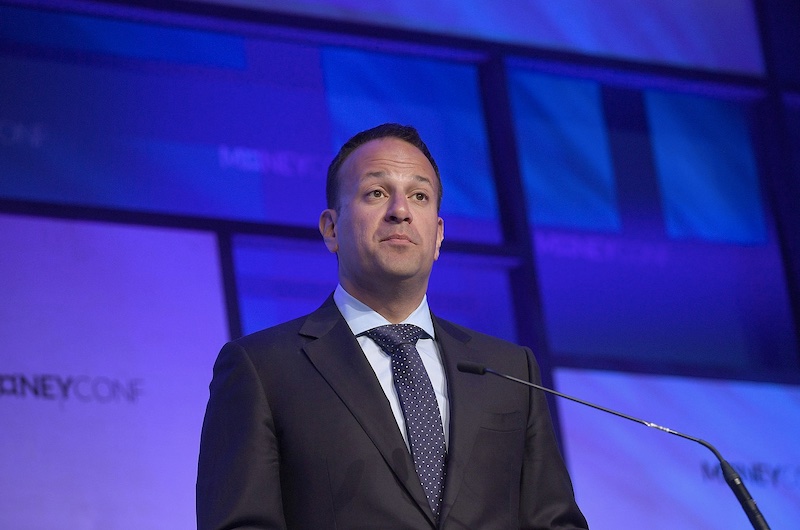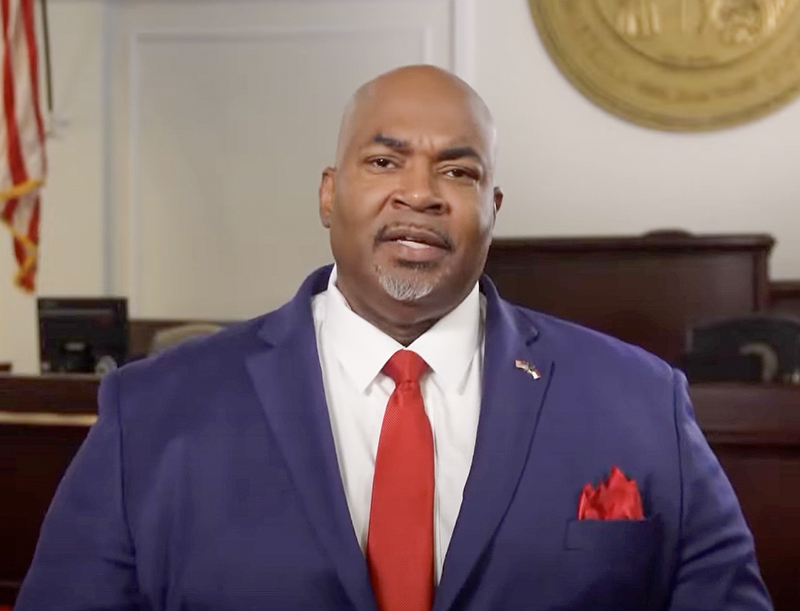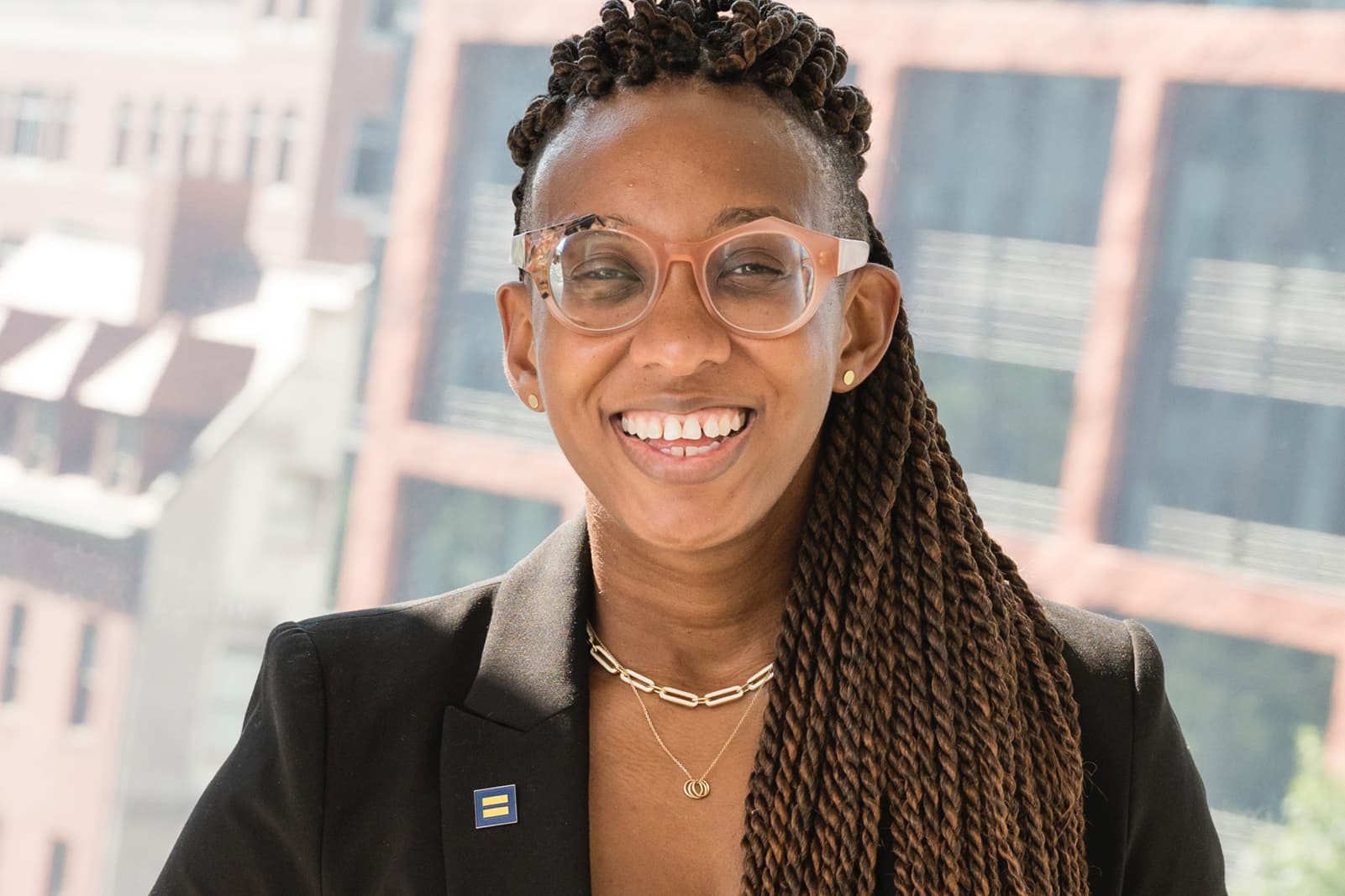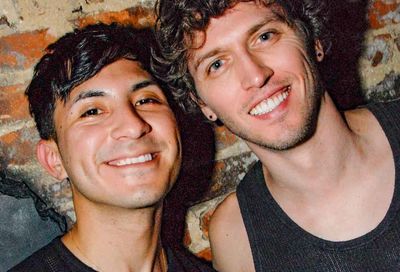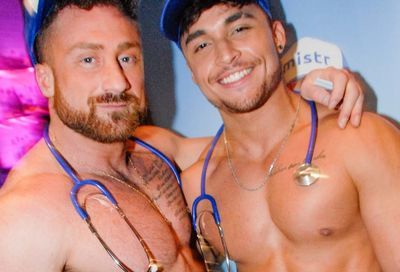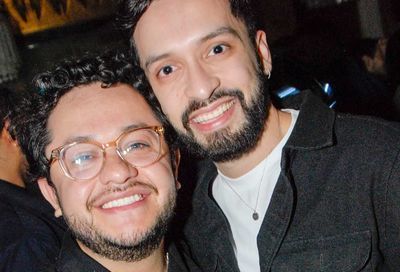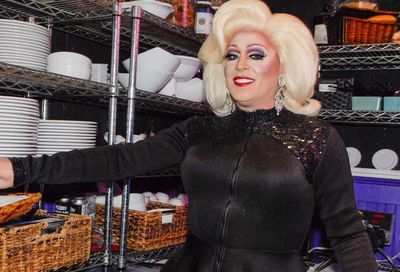Pete Buttigieg: Where does he stand on LGBTQ issues?
Buttigieg's policies are a Democratic wish list of pro-equality proposals, designed to tackle issues in every area of LGBTQ life.

This article is part of a series examining the LGBTQ-related histories of the main Democratic candidates for president.
Candidate: Pete Buttigieg
Political Office: Mayor of South Bend, Indiana
Biggest LGBTQ achievement: The first viable openly gay candidate to run for president.
Current RCP polling average: 4th
Mayor Pete Buttigieg made history earlier this year when he became the first viable, openly gay candidate to seek the U.S. presidency. But since he launched a presidential exploratory committee in January, Buttigieg has come under intense scrutiny — and more than his fair share of criticism — related to his sexual orientation.
Some of this criticism has come from left-leaning publications, where columnists have critiqued Buttigieg’s coming out process, his downplaying of his sexual orientation or status as a married gay man, or his failure to wholeheartedly embrace the most progressive policy platforms.
It has clearly weighed on the presidential contender, who was forced to apologize for comments he made last week on a radio show saying he “can’t even read the LGBT media anymore” due to criticisms of the way he comports himself on the campaign trail.
As the first viable LGBTQ Democratic contender, Buttigieg has been vocal about his support for equality and opposition to anti-LGBTQ discrimination. Much of that has been in the context of contrasting himself with his fellow Hoosier, Vice President Mike Pence, whose views on LGBTQ issues have been criticized by Buttigieg.
A religious person himself, Buttigieg has sought to show how he manages to balance his religious beliefs with his sexuality, embracing the view that God created him as gay and will not condemn him just because of his orientation.
This overarching view of tolerance for LGBTQ identities has been carried over to his stances while in office, with him declaring South Bend an “open city” for LGBTQ individuals, opposing discrimination when it comes to accessing resources, and embracing the view that people should be judged on their performance or merits rather than their LGBTQ identity.
Looking at Buttigieg’s promises for what he would do if elected president, the LGBTQ-specific policy agenda reads like a wish list of proposals popular not only among LGBTQ people, but most Democratic voters: pass the Equality Act to prohibit anti-LGBTQ discrimination in major areas of life; reverse the Trump administration’s ban on transgender military service; enforce nondiscrimination provisions of the Affordable Care Act, and protect LGBTQ refugees and asylum seekers.
At a recent LGBTQ-focused presidential forum, Buttigieg expressed support for banning the practice of conversion therapy on youth — a view that squares with his view of LGBTQ identity as God-given and innate, rather than something that is a “choice” or can be changed.
At that same forum, Buttigieg said he would have the FDA reevaluate the one-year deferral period for blood donations for sexually active gay and bisexual men, based on scientific understandings of blood-borne diseases like HIV and the “window period” in which they can be detected.
Buttigieg is on record opposing attempts to carve out religious exemptions for business owners who wish to refuse service to LGBTQ individuals. He supports prohibiting federally funded adoption and foster care agencies from discriminating against same-sex couples and LGBTQ individuals. And he supports legislation aimed at combating bullying and harassment in schools.
On health care, Buttigieg supports expanding access to PrEP, regardless of an individual’s ability to pay, to combat the spread of HIV. He announced his health care plan to set up a Health Equity Task Force that would track whether Americans are accessing needed health services and would provide federal funding for “health equity zones” where certain populations, including LGBTQ Americans, have been historically underserved.
Buttigieg also supports allowing transgender individuals to access homeless shelters based on their gender identity. On his official campaign website, he vows to combat the overrepresentation and mistreatment of LGBTQ people in the criminal justice system, and has come out in favor of allowing transgender inmates to access hormone therapy and other medically necessary gender-affirming care while incarcerated.
(UPDATE (10/10/19): On Oct. 10, 2019, Buttigieg released an in-depth, 18-page plan dealing with specifics on how he’d address some of the issues mentioned above. For more information, visit www.peteforamerica.com/policies/lgbtq.
Read more:
Elizabeth Warren: Where does she stand on LGBTQ rights?
Kamala Harris: Where does she stand on LGBTQ rights?
Joe Biden: Where does he stand on LGBTQ rights?
Bernie Sanders: Where does he stand on LGBTQ rights?
Support Metro Weekly’s Journalism
These are challenging times for news organizations. And yet it’s crucial we stay active and provide vital resources and information to both our local readers and the world. So won’t you please take a moment and consider supporting Metro Weekly with a membership? For as little as $5 a month, you can help ensure Metro Weekly magazine and MetroWeekly.com remain free, viable resources as we provide the best, most diverse, culturally-resonant LGBTQ coverage in both the D.C. region and around the world. Memberships come with exclusive perks and discounts, your own personal digital delivery of each week’s magazine (and an archive), access to our Member's Lounge when it launches this fall, and exclusive members-only items like Metro Weekly Membership Mugs and Tote Bags! Check out all our membership levels here and please join us today!



